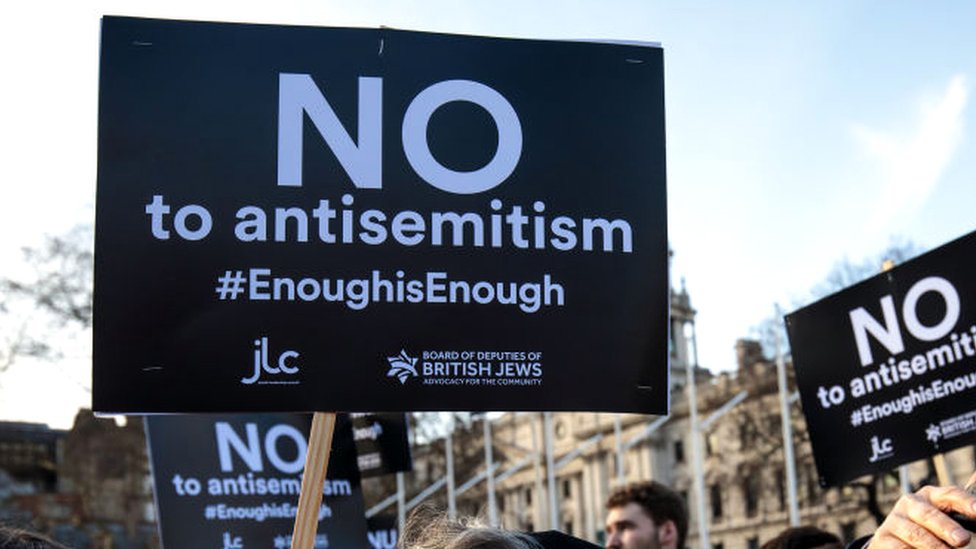NEW YORK: When I was 16 years old, my grandmother gave me a Jewish star necklace that she had asked a friend to buy in Israel. It was a special, meaningful gift, and I wore it all the time. It took on added significance when my grandmother passed away 30 years ago. When I wore the necklace, I was connected to her and her story of coming to America to live in freedom as a Jew. To this day, I feel her presence most profoundly when I wear that Jewish star.
Speaking with a friend, I learned that she had a similar story. She received a beloved family necklace with a sacred symbol. It belonged to her grandmother, was bequeathed to her mother and then to her. When she wore the necklace, she was connected through the generations to her family and traditions. As an immigrant to America, she felt blessed to live in a country where freedom of religion is an indisputable right. But after years of abuse and misappropriation, her pendant is widely misunderstood, and casual glances often generate a critical reaction. Her cherished necklace is the sacred Hindu swastika, symbolizing luck and good fortune. Translated from Sanskrit, it means “all is well”.
There have been times when I hid my star inside my clothing instead of proudly displaying it. “Safety first” was always an issue growing up in the Bronx, NY, especially when travelling on public transportation. In the 1970s and 80s, jewellery items were yanked off necks and anti-Jewish terms were sometimes used in subway cars. I was conscious of where I stood and sat, and what I wore.
And sadly, antisemitism continues to be a problem today. In 2020, FBI statistics pointed to a rise in hate crimes and in antisemitic incidents. In October 2020, American Jewish Committee (AJC) released its State of Antisemitism in America 2020 report. Over one-third of American Jews (37%) said they have been the target of antisemitism, online and offline, over the past five years. Of the American Jews who experienced an antisemitic incident, three in four (76%) didn’t report it. And, astonishingly, almost half of US adults (46%) have either never heard the term antisemitism or heard the word but don’t know what it means. Clearly, more needs to be done to educate the general public about what antisemitism means, its contemporary forms, and why combating it is important.
As we work to curtail hate crimes in America, we must also understand the power of symbols and how ignorance can impact society at large. There are approximately 3.5 million Hindus in the US and a dozen Hindu temples in the greater Philadelphia area serving thousands of adherents (Delaware has the largest growing Hindu population in our region). Like Jews, Hindus need to feel safe practising their faith.
The Nazi swastika has co-opted any other interpretation of the swastika symbol. For Hindus, as well as Buddhists and Jains, the swastika has had continual use for at least 5,000 years—long before Adolf Hitler made it the centerpiece of the Third Reich. The Indic (Hindu, Jain, Buddhist) swastika can be either clockwise or counterclockwise and is always used in the context of ritual or sacred imagery. Its four limbs have been said to symbolize the four goals of life, the four seasons or the four cardinal directions. The Nazis generally displayed the swastika at a 45° angle and in the red/white/black colour scheme. Today, it is used by white supremacists and extremist groups promoting hate.
Education in defining antisemitism and recognizing the Nazi swastika and differentiating it from the sacred Hindu symbol are challenging for our society. An understanding of the diverse faiths that make up the fabric of our country makes everyone safer and ensures the religious freedom and liberty we hold dear—the same religious freedom and liberty that my grandmother and my friend sought in America.
Marcia Bronstein is Regional Director of the American Jewish Committee (AJC) Philadelphia/Southern New Jersey Region.
Symbols sacred to some, profane to others
- Advertisement -

